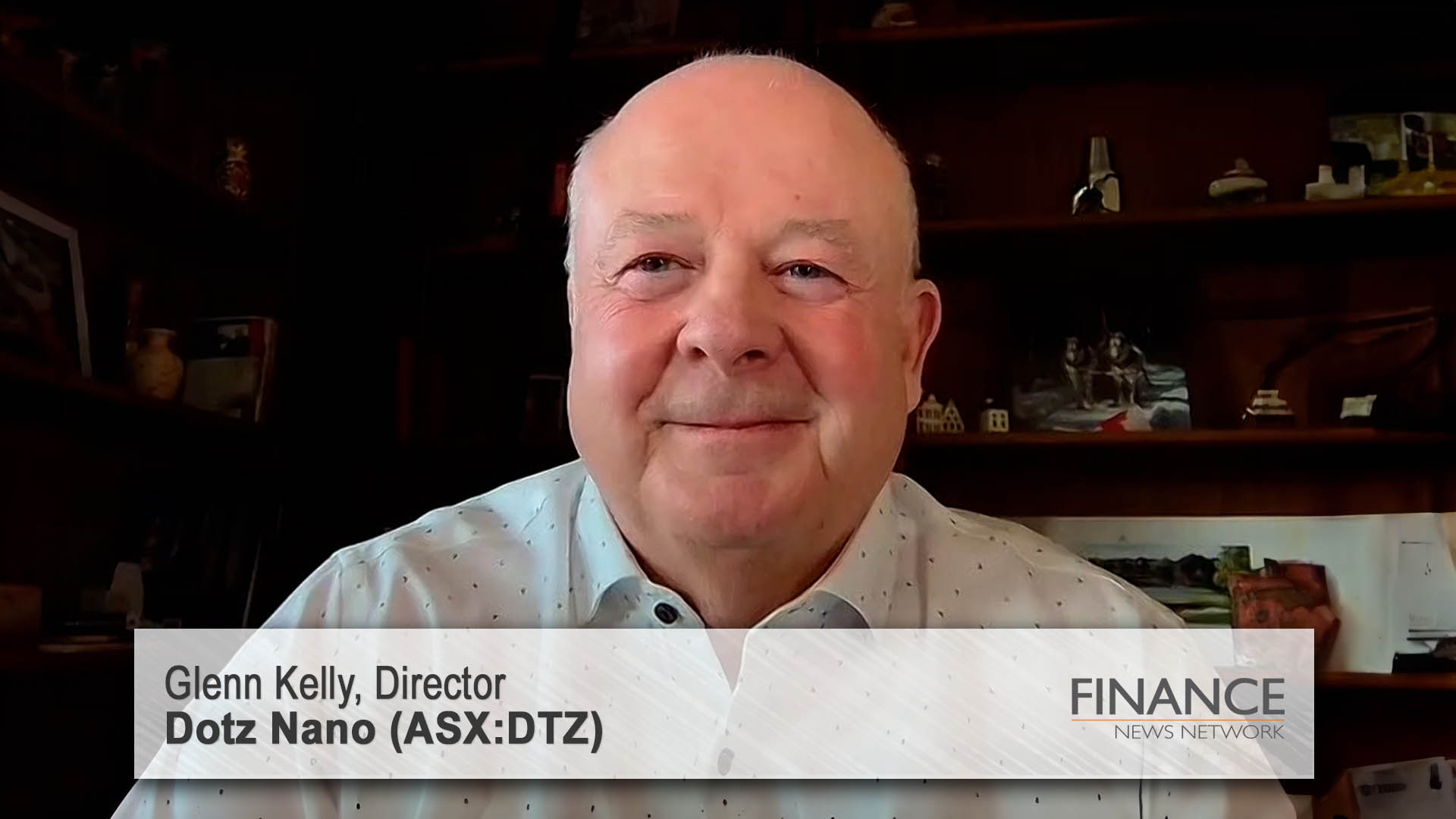
China has shown the level of its concern for its economic outlook by announcing a huge, 4 trillion yuan ($US586 billion, $A872 billion) stimulus package to boost growth by halting the slowing economy.
The package was announced late Sunday and the Chinese government said the money will be spent over the next two years.
The news helped send up commodity prices in Asian trading with oil up (helped also by the refusal by Opec to rule out another production cut), with the prices of zinc, gold, lead, copper and grains also rising.
But the bounce in most markets faded by the time trading reached the US. Oil roser, fell and then rose over $US62 a barrel.
Asian stocks rallied for the first time in three days after China’s package was made public yesterday. But US shares fell on glum news about more bailouts and losses.
The MSCI Asia Pacific Index gained 3.1% as Japan’s Nikkei jumped more than 5% and the ASX 200 rose by over 1%. China’s markets were up around 7%.
The huge size of the package is a sign of the desperation in the Chinese government about the impact of the global slowdown on the country’s economy.
China’s economic growth has slowed to around 9% from 11.9% in 2007 and more than 12% in the middle of last year: 8% is considered to be the growth rate where the economy continues to create enough jobs to mop up unemployment and keep activity overall positive.
The government has a fear of social unrest and it seems 8% annual growth is where the economy can continue to create enough jobs to keep the work force growing and incomes rising.
The International Monetary Fund last week forecast that China’s growth would slow from more than 9% this year to 8.5% in 2009, a fall of 0.8% on its October forecast and a sign that the Chinese economy looks like its slowing faster than thought.
The package is equal to almost 20% of China’s 2007 gross domestic product and was announced by the State Council on its website.
Reuters reported that the package was approved at a cabinet meeting chaired by Premier Wen Jiabao on Wednesday.
"China has decided to adopt an active fiscal policy and moderately easy monetary policies to foster fast but steady economic growth by expanding domestic demand," Xinhua news agency said.
The announcement came as a meeting of Group of 20 finance ministers in Brazil (China is a member), issued a joint statement saying they are ready to act "urgently” to tackle the economic slump.
Taiwan, which has China as its largest trading partner, late Sunday cut interest rates for the fourth time in two months. The Federal Reserve, the European Central Bank, the Bank of England, the Swiss National Bank, Sweden, Australia and the Bank of Japan have all lowered their benchmark rates in the last two weeks.
So has the People’s Bank of China, the country’s central bank, which has cut rates three times in two months.
Bloomberg reported the State Council in its statement as saying:.
"Over the past two months, the global financial crisis has been intensifying daily. In expanding investment, we must be fast and heavy- handed," the council said.
"100 billion yuan (More than $US14 billion) will be spent this quarter and will go on low-rent housing, rural infrastructure, as well as roads, railways and airports.
The government will look to boost investment by allowing tax deductions for the purchases of fixed assets such as machinery to stimulate investment. Bloomberg said that would cost an estimated 120 billion yuan.
Grain purchase prices and subsidies for farmers will be raised, as will allowances for low-income urban households.
The government has also ended loan quotas to help boost lending to small businesses.













